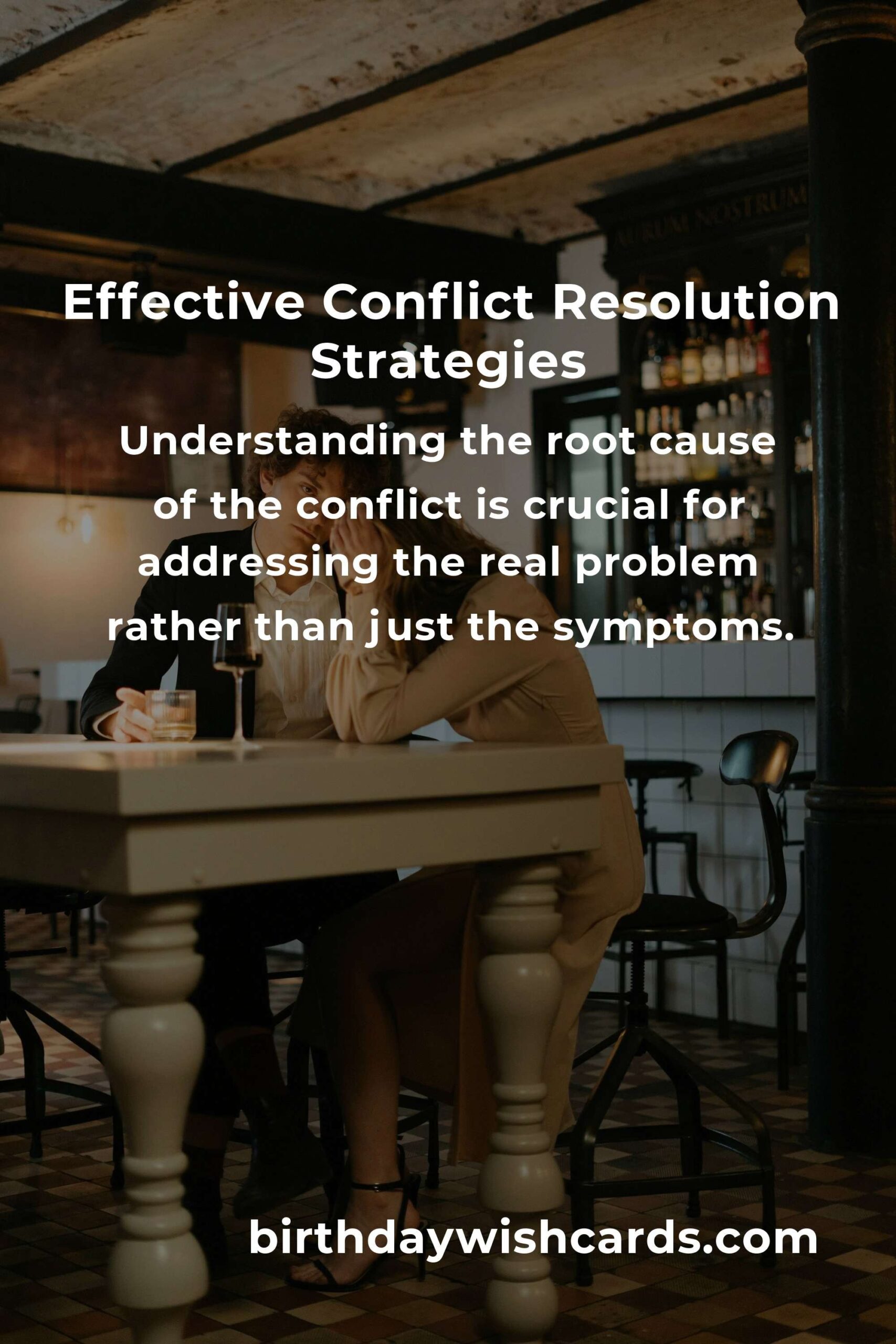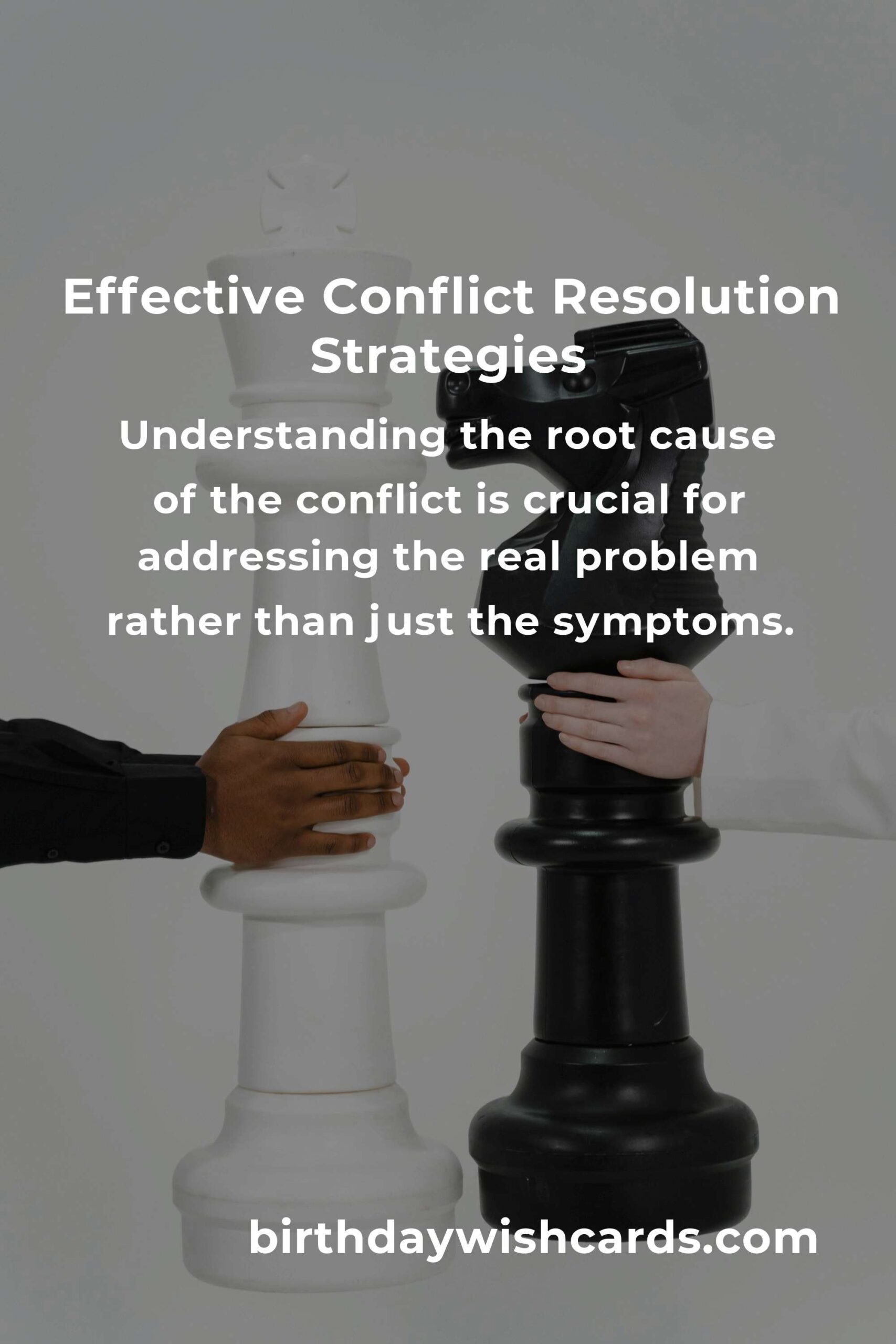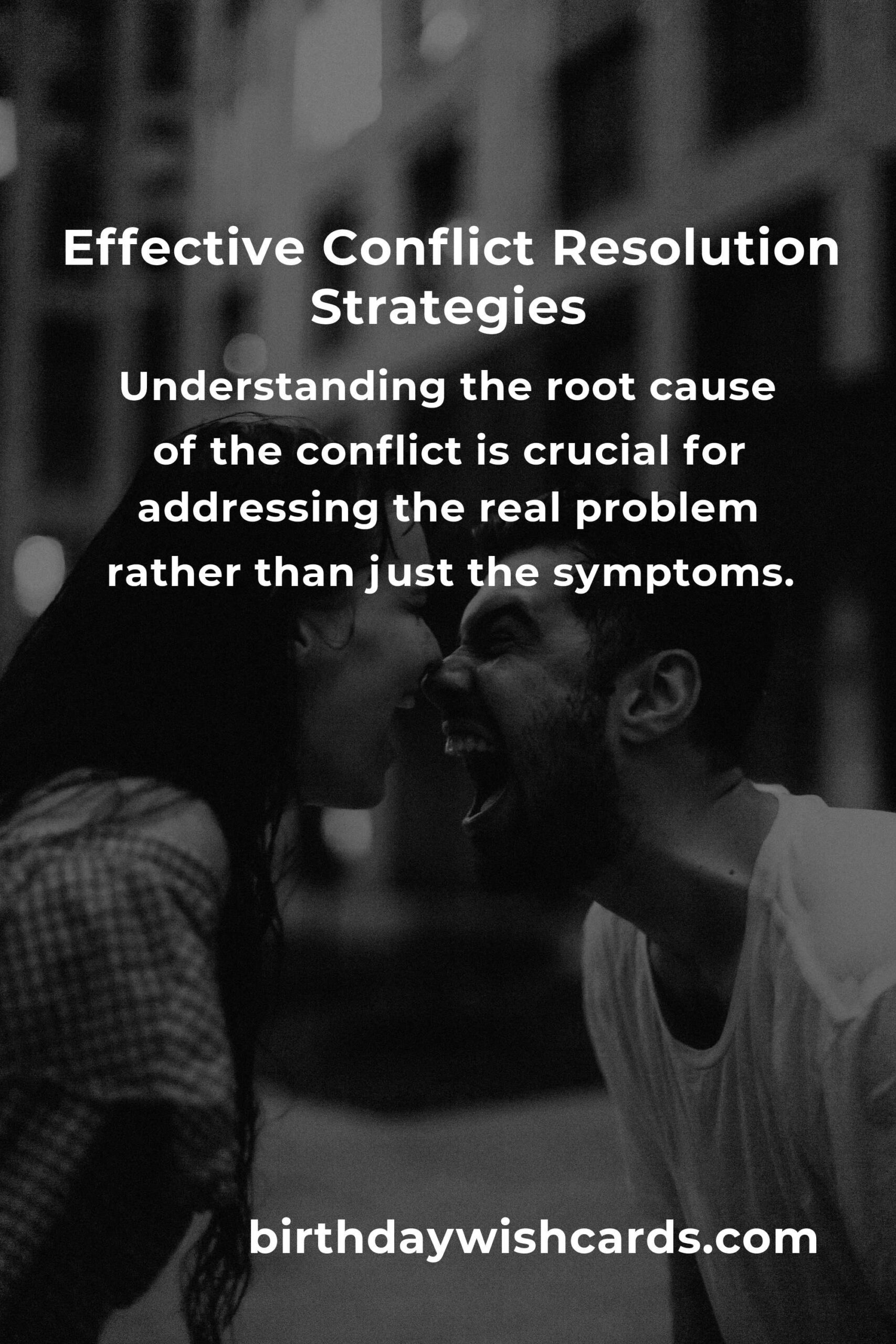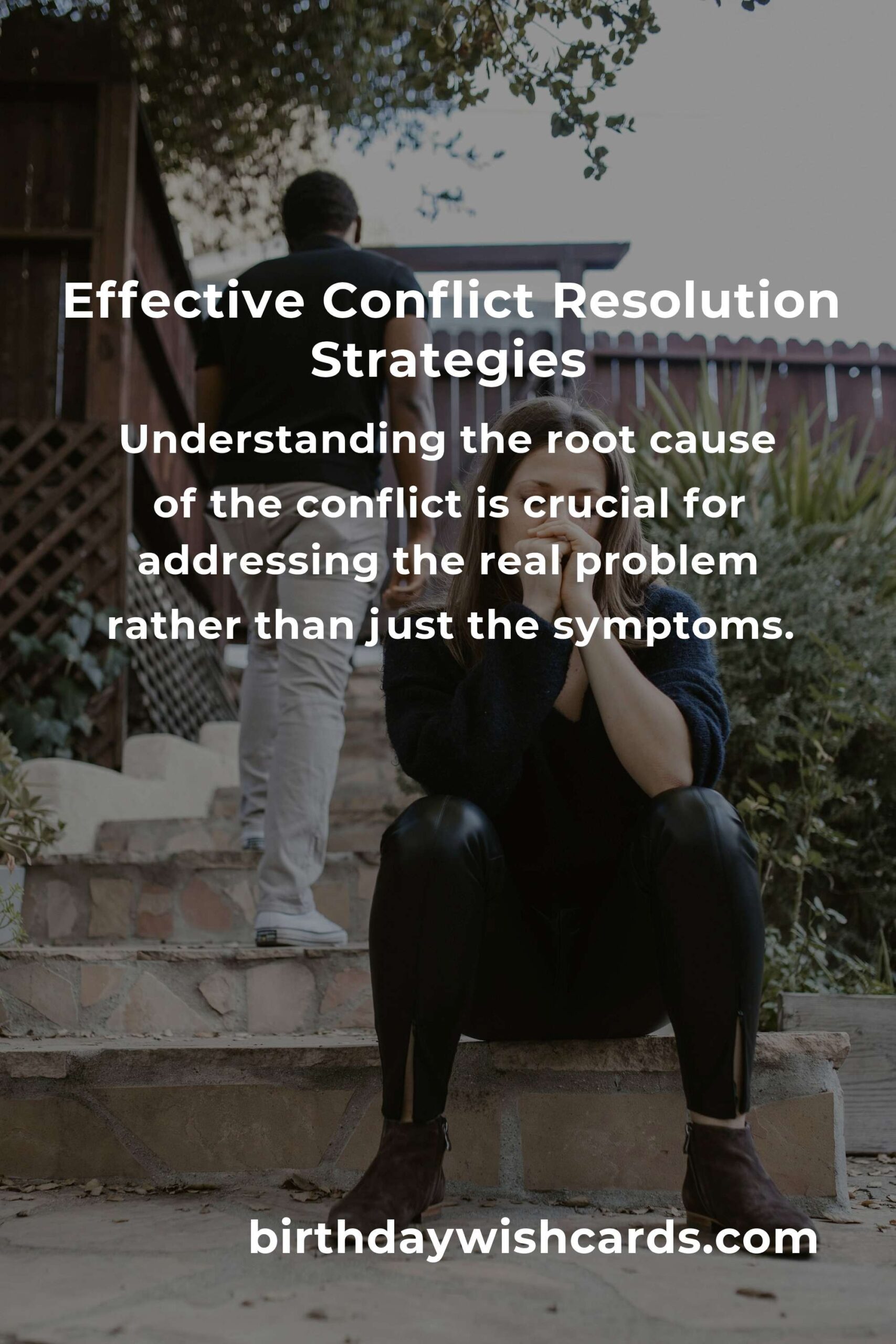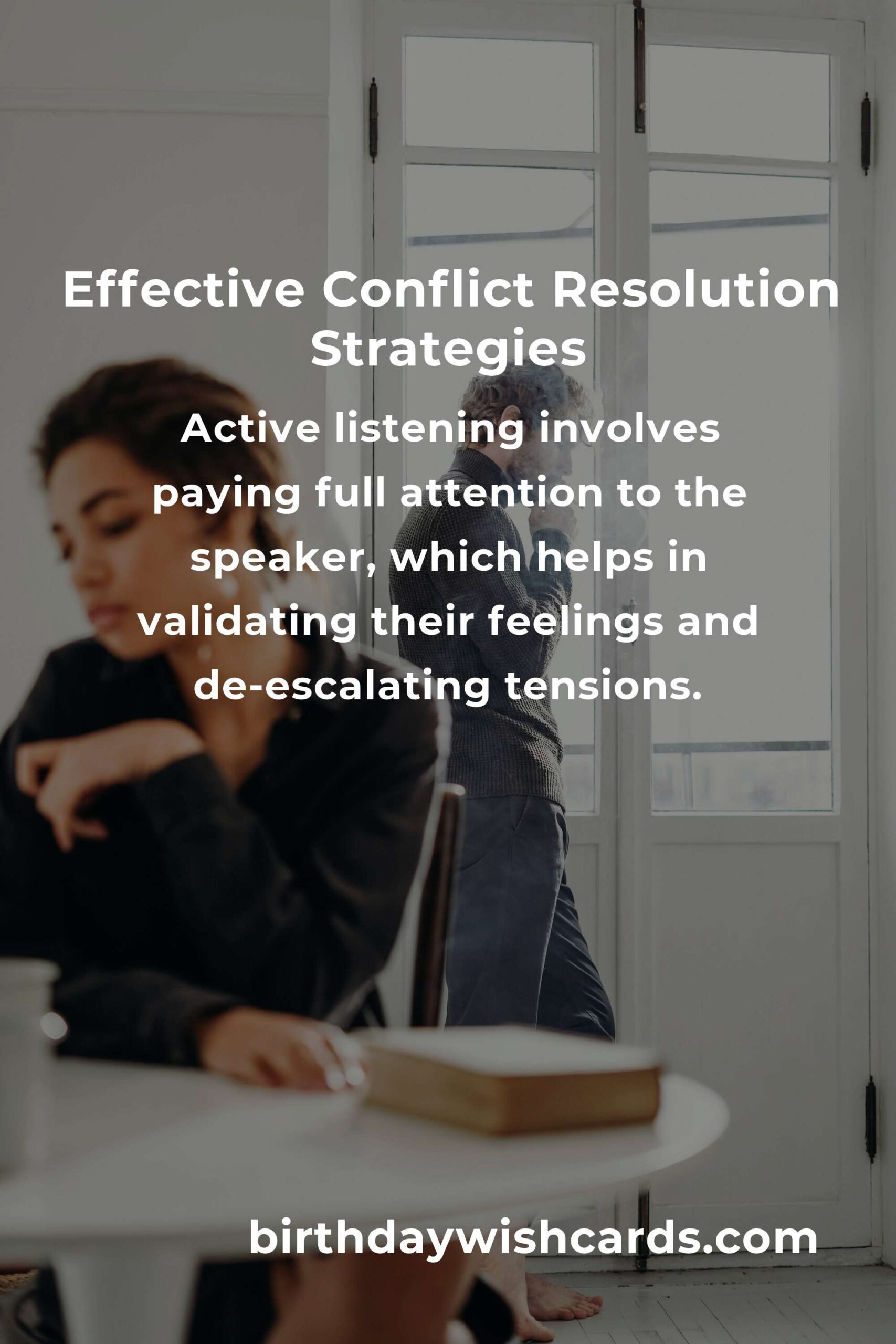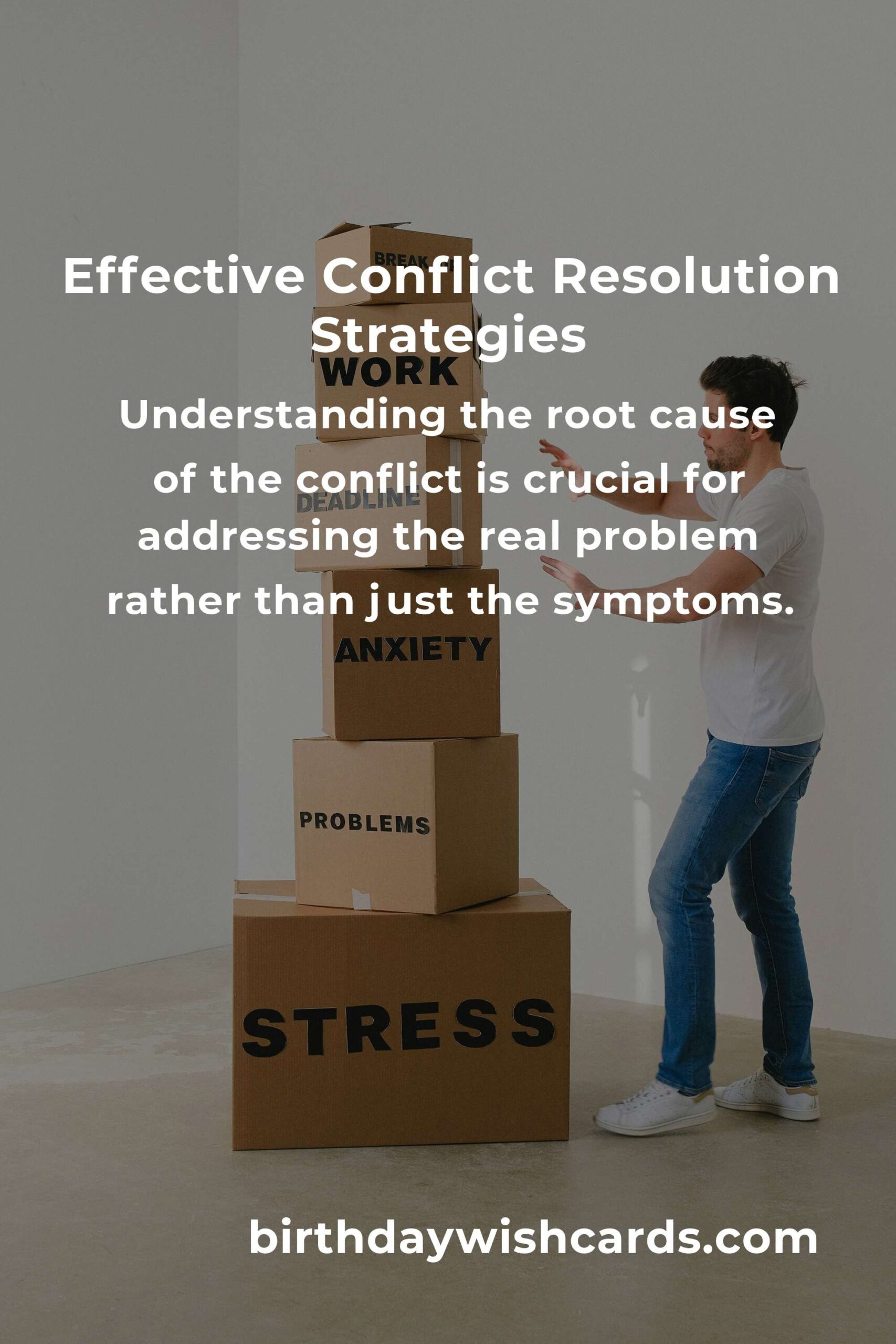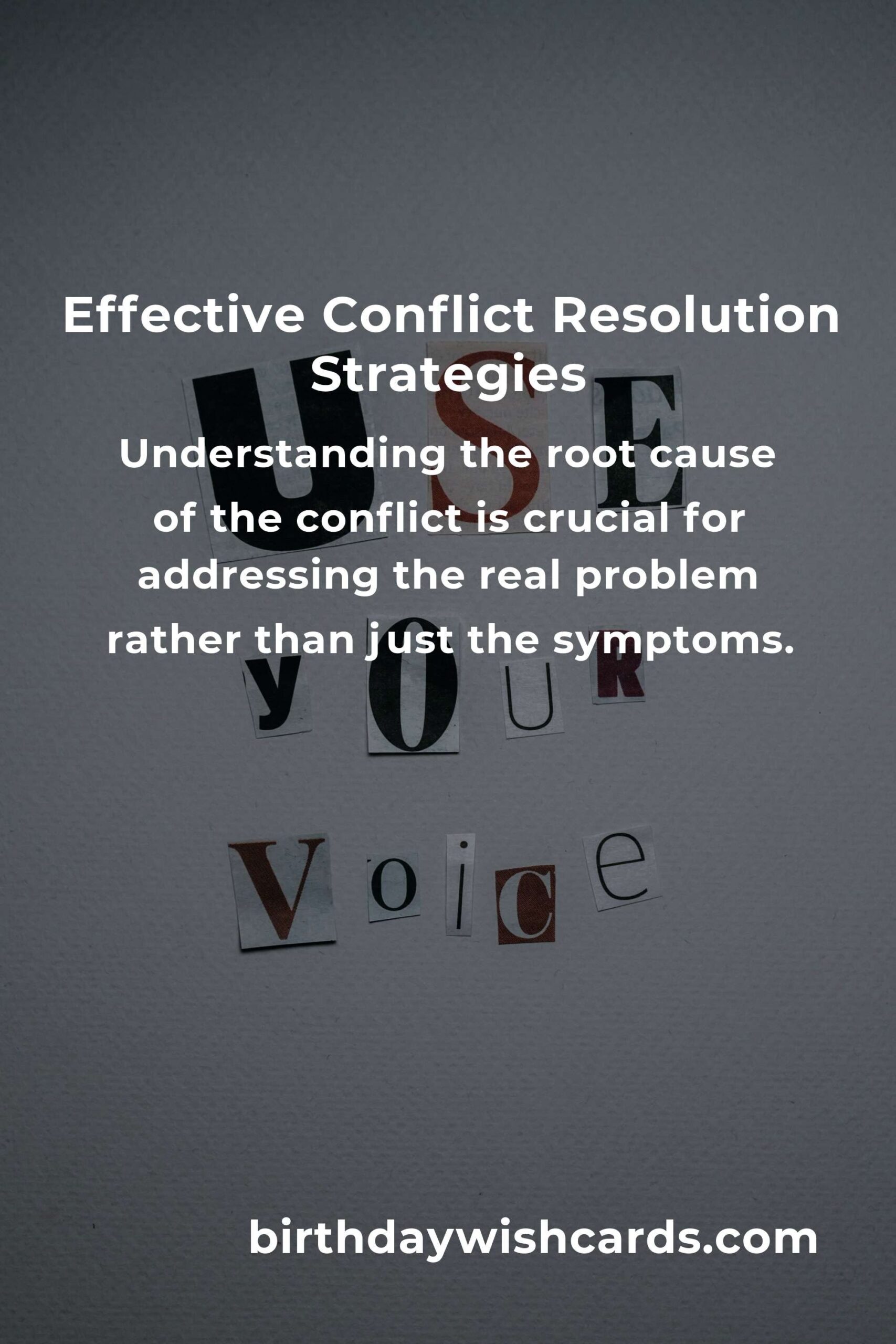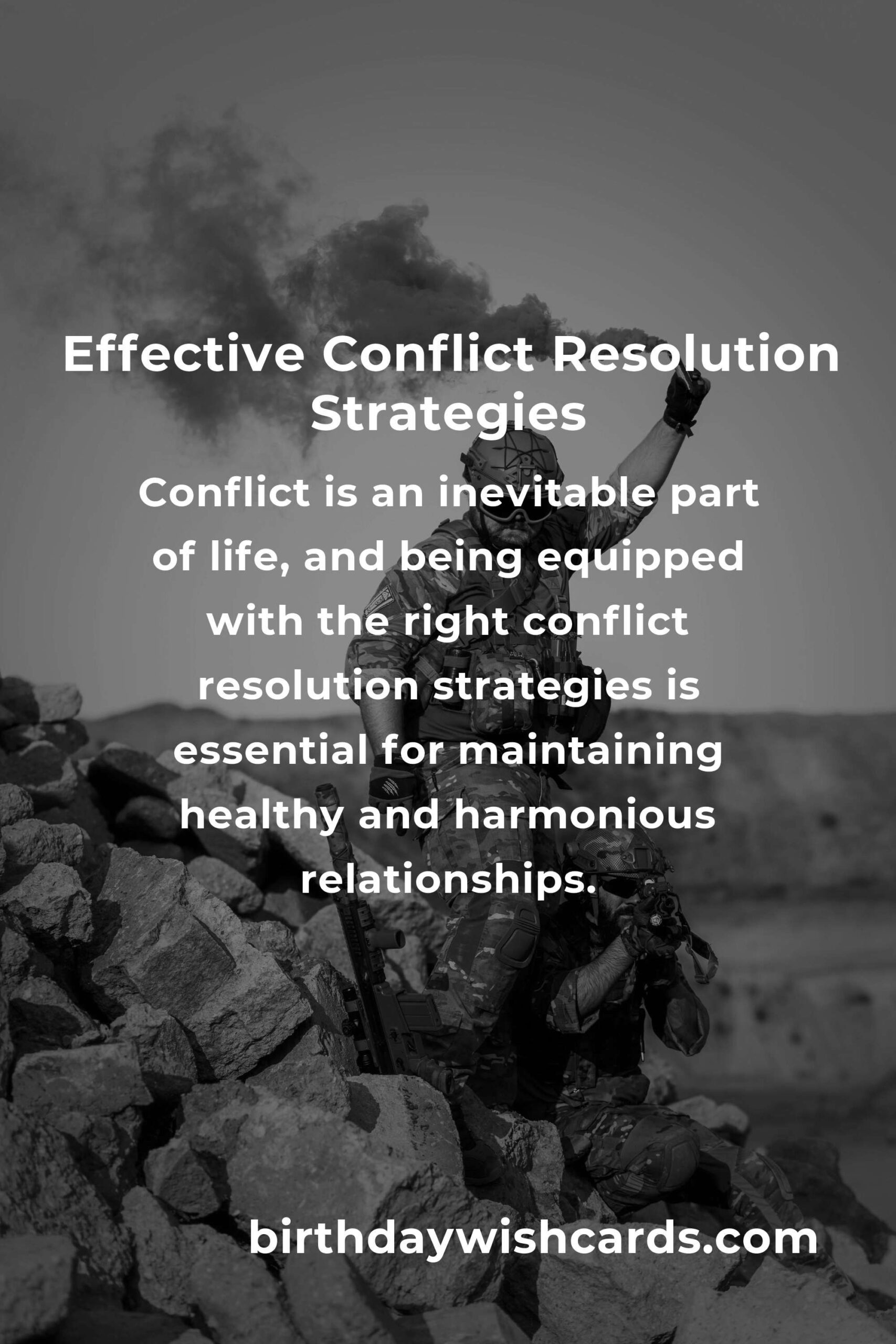
Conflict is an inevitable part of life, and being equipped with the right conflict resolution strategies is essential for maintaining healthy and harmonious relationships. Whether in the workplace, at home, or in social settings, conflicts arise due to differences in opinions, values, and interests. Addressing these conflicts effectively can lead to stronger relationships and a more peaceful environment.
Understanding the Nature of Conflict
Before diving into the checklist for conflict resolution, it’s important to understand the nature of conflict. Conflict is not inherently negative; it can be a catalyst for growth and positive change if managed correctly. Conflicts often arise from misunderstandings, poor communication, or differing values and needs.
Key Principles of Conflict Resolution
Effective conflict resolution relies on several key principles. These include open communication, empathy, active listening, and the willingness to find a compromise. By adhering to these principles, individuals can navigate conflicts with greater ease and achieve mutually beneficial solutions.
The Complete Checklist for Conflict Resolution
1. Identify the Source of the Conflict
Understanding the root cause of the conflict is crucial. Take time to identify the underlying issues and the perspectives of all parties involved. This will help in addressing the real problem rather than just the symptoms.
2. Open Lines of Communication
Encourage open and honest dialogue between the parties involved. Ensure that everyone has the opportunity to express their thoughts and feelings without interruption.
3. Practice Active Listening
Active listening involves paying full attention to the speaker, acknowledging their message, and responding thoughtfully. This helps in validating the speaker’s feelings and can de-escalate tensions.
4. Show Empathy and Understanding
Empathy involves putting yourself in the other person’s shoes and understanding their perspective. Acknowledging their feelings and concerns can foster a sense of mutual respect and cooperation.
5. Seek Common Ground
Identify areas of agreement between the parties. This can serve as a foundation for building a resolution that satisfies everyone’s needs.
6. Brainstorm Solutions Collaboratively
Encourage all parties to propose solutions and work together to find a resolution that is acceptable to everyone. Collaborative problem-solving fosters a sense of ownership and commitment to the agreed-upon solution.
7. Agree on a Resolution
Once a solution has been identified, ensure that all parties agree on the terms and are willing to uphold their commitments. Clearly outline the steps each party will take to implement the resolution.
8. Monitor and Follow Up
After reaching an agreement, monitor the situation to ensure that the resolution is being implemented effectively. Follow up with all parties to address any lingering issues or adjustments needed.
Benefits of Effective Conflict Resolution
Implementing a structured approach to conflict resolution offers numerous benefits. It can improve communication, enhance relationships, and foster a more positive and productive environment. Moreover, resolving conflicts effectively can prevent future disputes and build trust among parties.
Conclusion
Conflict resolution is a vital skill that can enhance personal and professional relationships. By following this complete checklist and embracing the principles of open communication, empathy, and collaboration, individuals can navigate conflicts successfully and create a harmonious environment.
Conflict is an inevitable part of life, and being equipped with the right conflict resolution strategies is essential for maintaining healthy and harmonious relationships. Effective conflict resolution relies on several key principles, including open communication, empathy, and the willingness to find a compromise. Understanding the root cause of the conflict is crucial for addressing the real problem rather than just the symptoms. Active listening involves paying full attention to the speaker, which helps in validating their feelings and de-escalating tensions. Implementing a structured approach to conflict resolution can improve communication, enhance relationships, and foster a more productive environment.
#ConflictResolution #Communication #Relationships #Empathy #Collaboration

